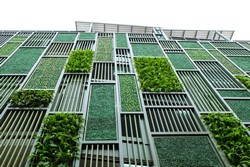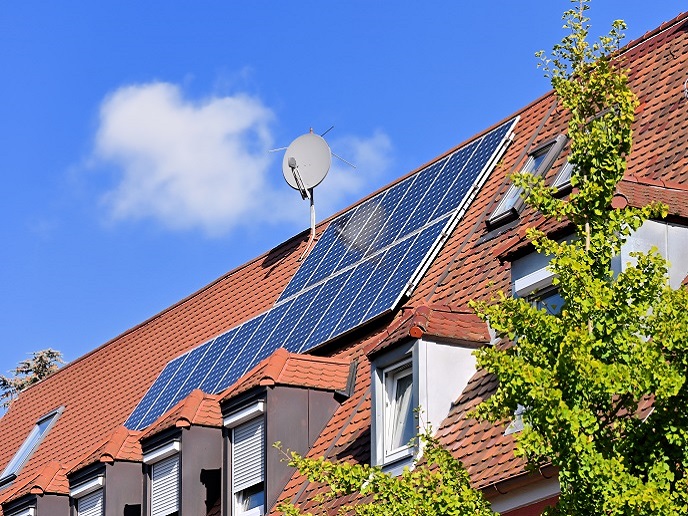Novel energy systems for sustainable, energy- and cost-efficient buildings
With EU funding, the R-D-SBES-R (R&D in sustainable building energy systems and retrofitting) project set out to build and nurture a sustainable cooperation between Chinese and European researchers. To achieve its aims, R-D-SBES-R undertook joint research towards the development of several zero (low) carbon cooling, heating and power generation technologies for buildings. It also promoted best practice scenarios and strategy for retrofitting existing buildings through an individual mobility scheme among researchers in China and Europe. In total, researchers developed eight technological innovations: a novel dew-point air cooler; a solar-driven ejector cooling system; a solar-driven desiccant cooling system; a building integrated solar photovoltaic heat/power system; a solar balcony hot water heating system; a hybrid solar/biomass combined heat and power system; micro-channel heat exchangers for building air conditioning; and building retrofitting strategies together with guidelines. Project partners carried out a series of knowledge and technology transfer activities, doctoral and young researcher training, information exchange and joint events. Secondments helped participating organisations to foster long-term collaboration for future research initiatives. Four workshops and four conferences were organised. Research outcomes yielded 87 journal and conference papers, three master's theses and doctoral dissertations as well as eight books. In addition, nine patents were granted. Lastly, the R-D-SBES-R team established 11 new research objectives that were funded by the Royal Society of London, the United Kingdom's Research Councils and industry. By developing zero (low) carbon building energy systems, R-D-SBES-R is doing its part to contribute to increased global demand for energy in buildings.







